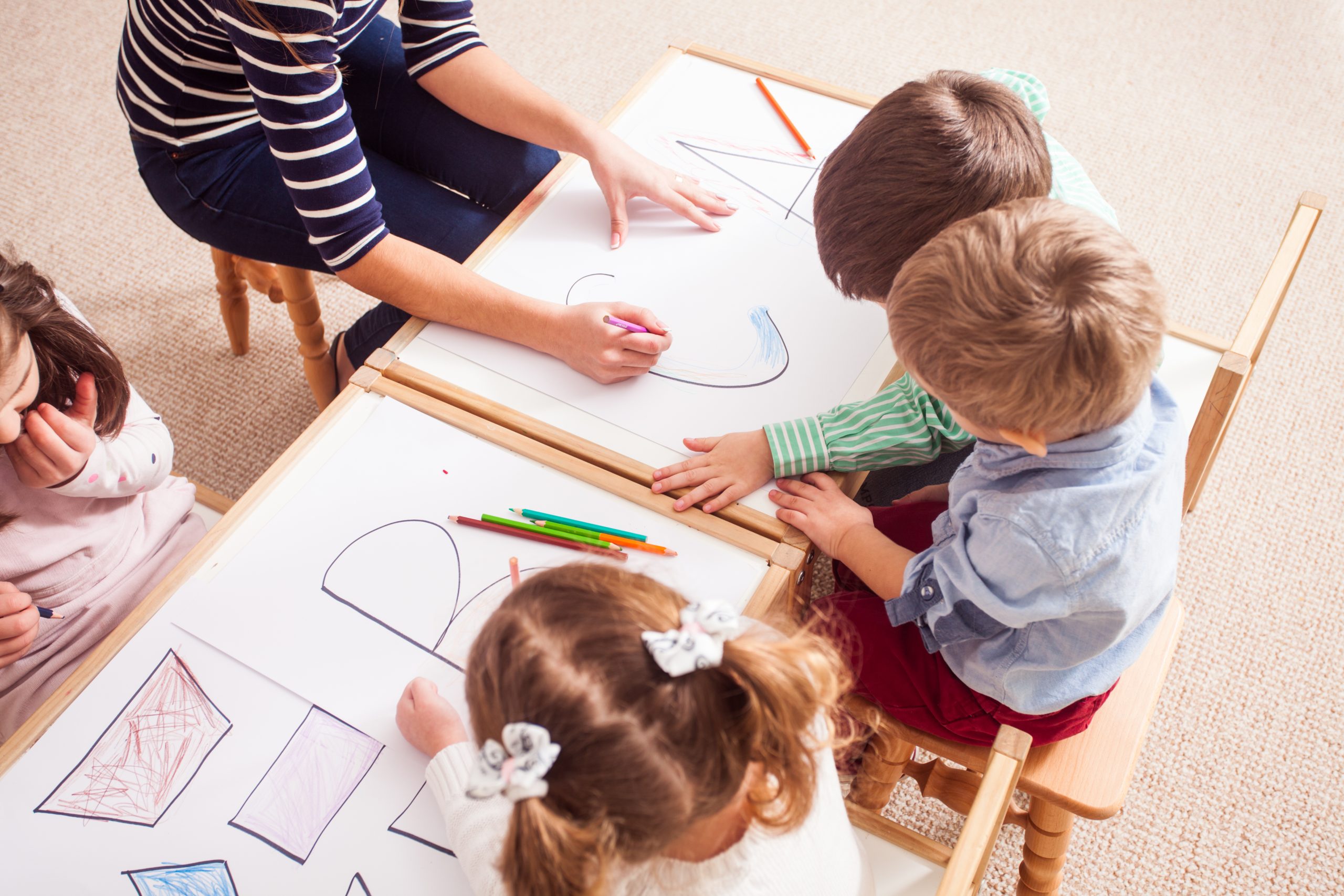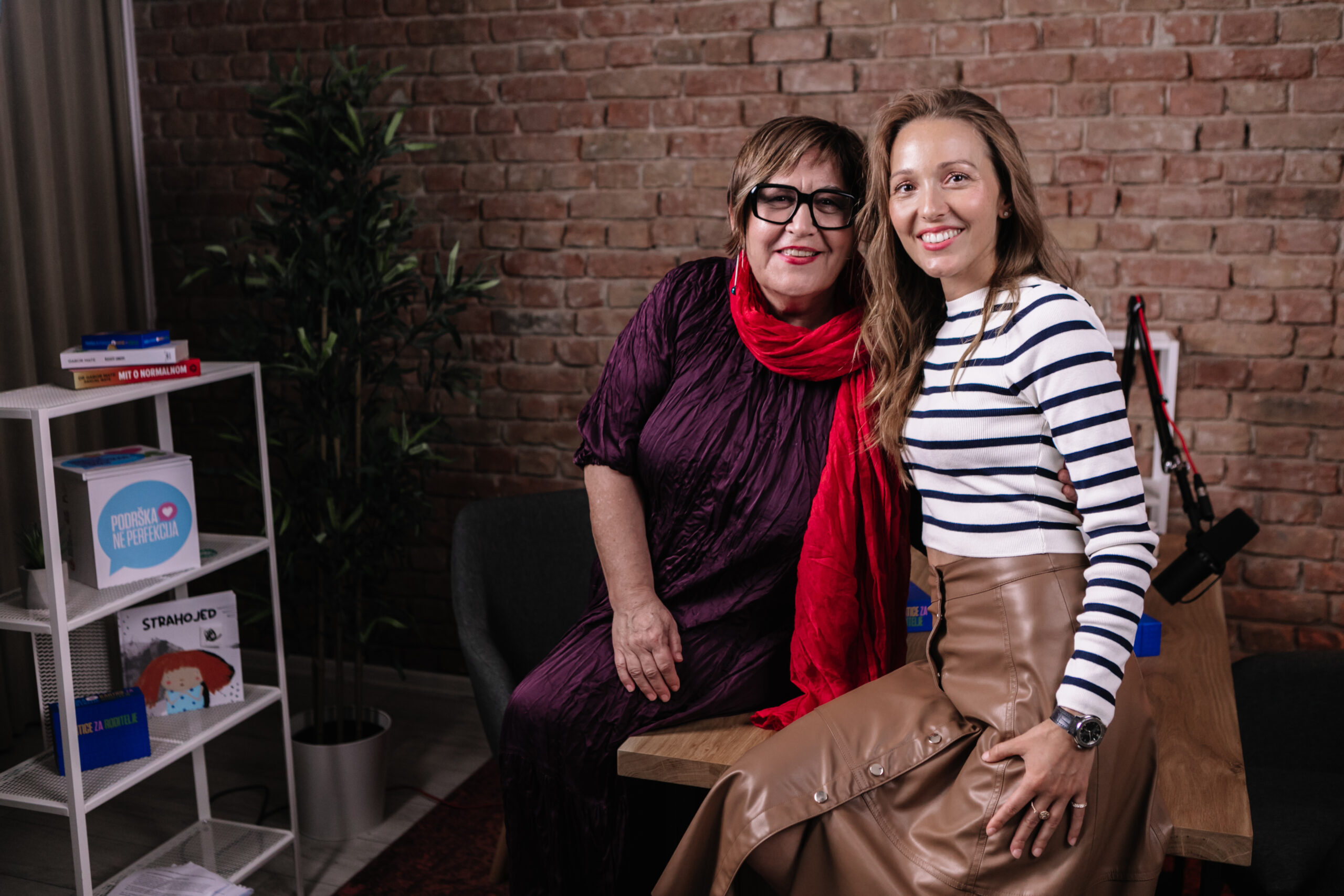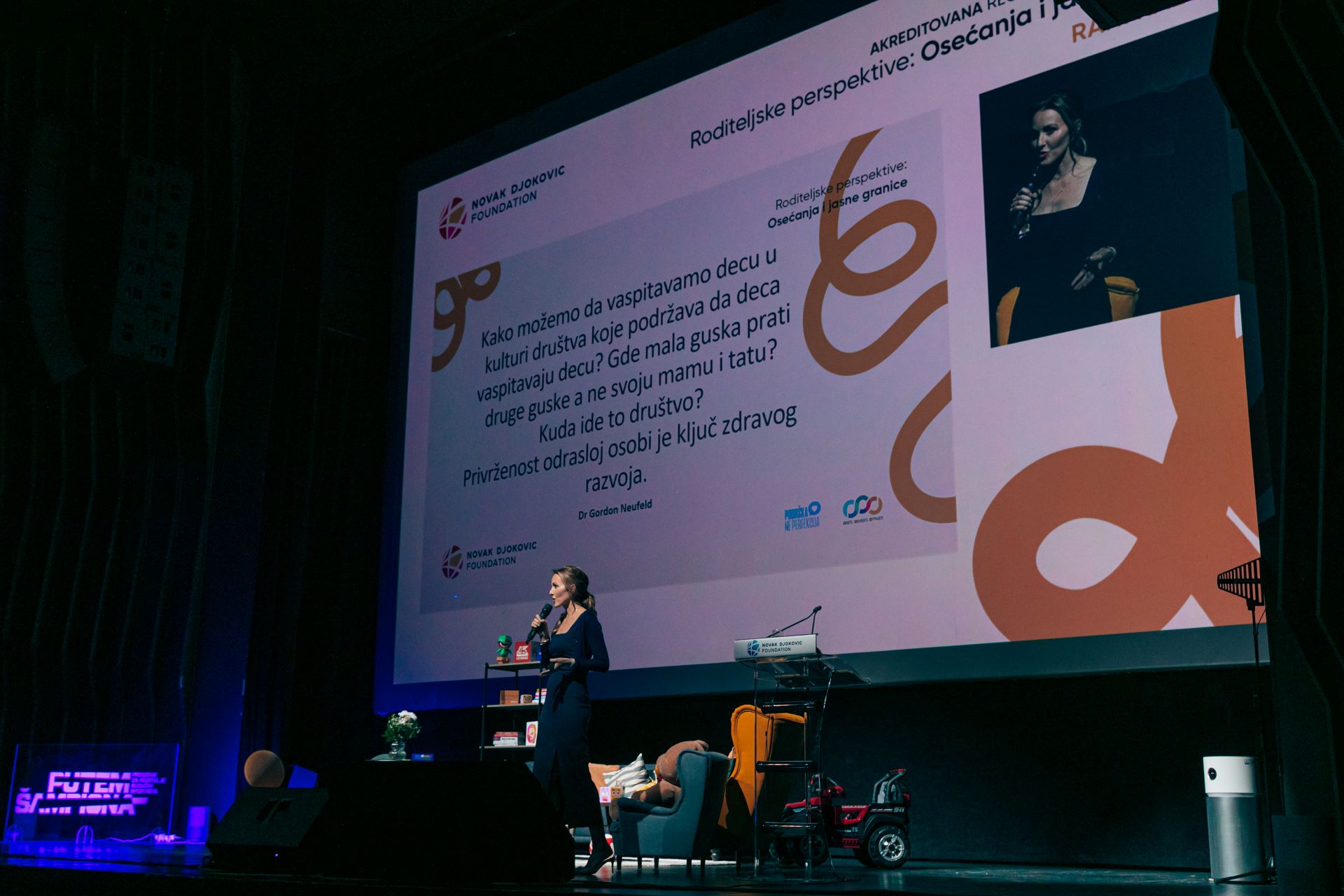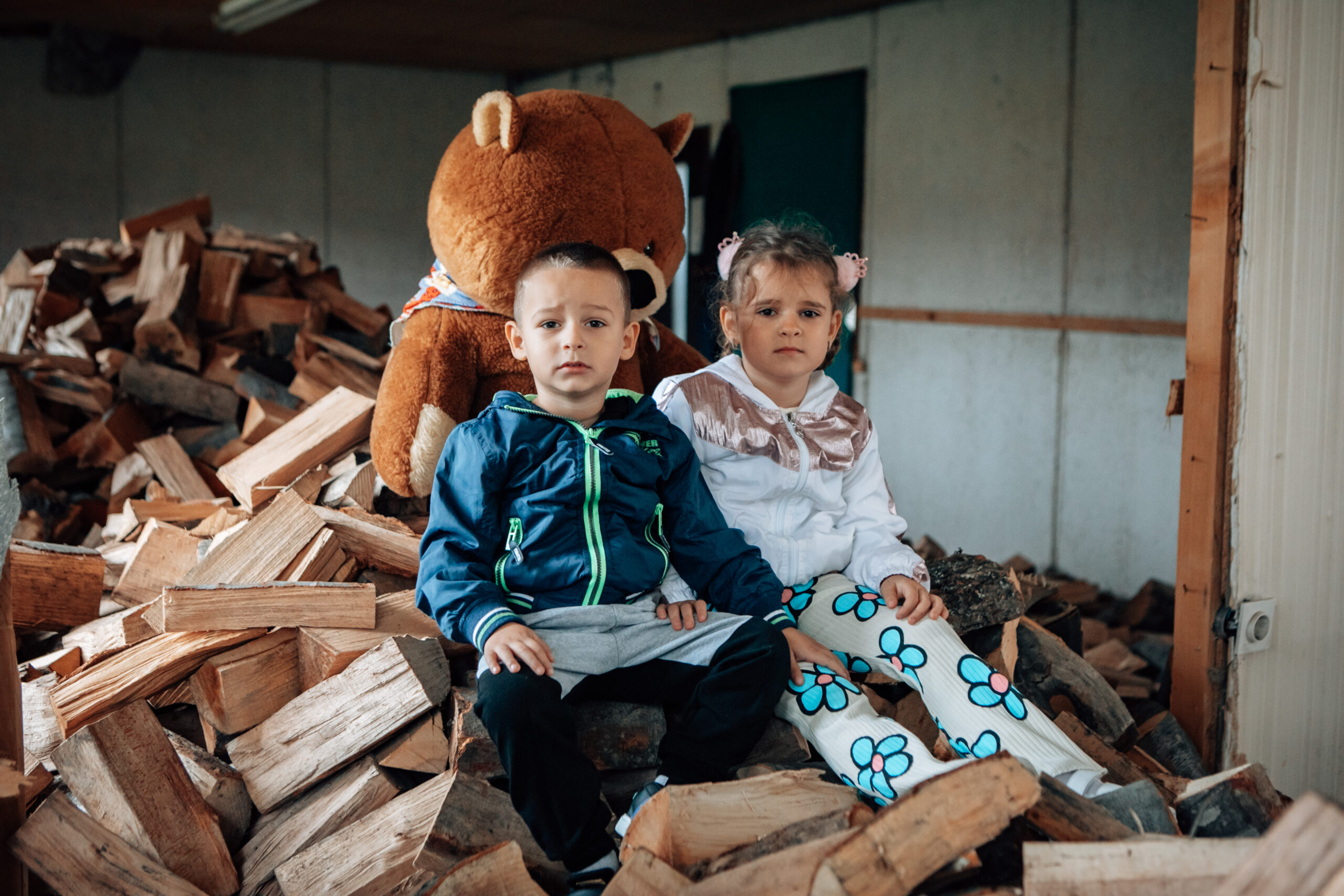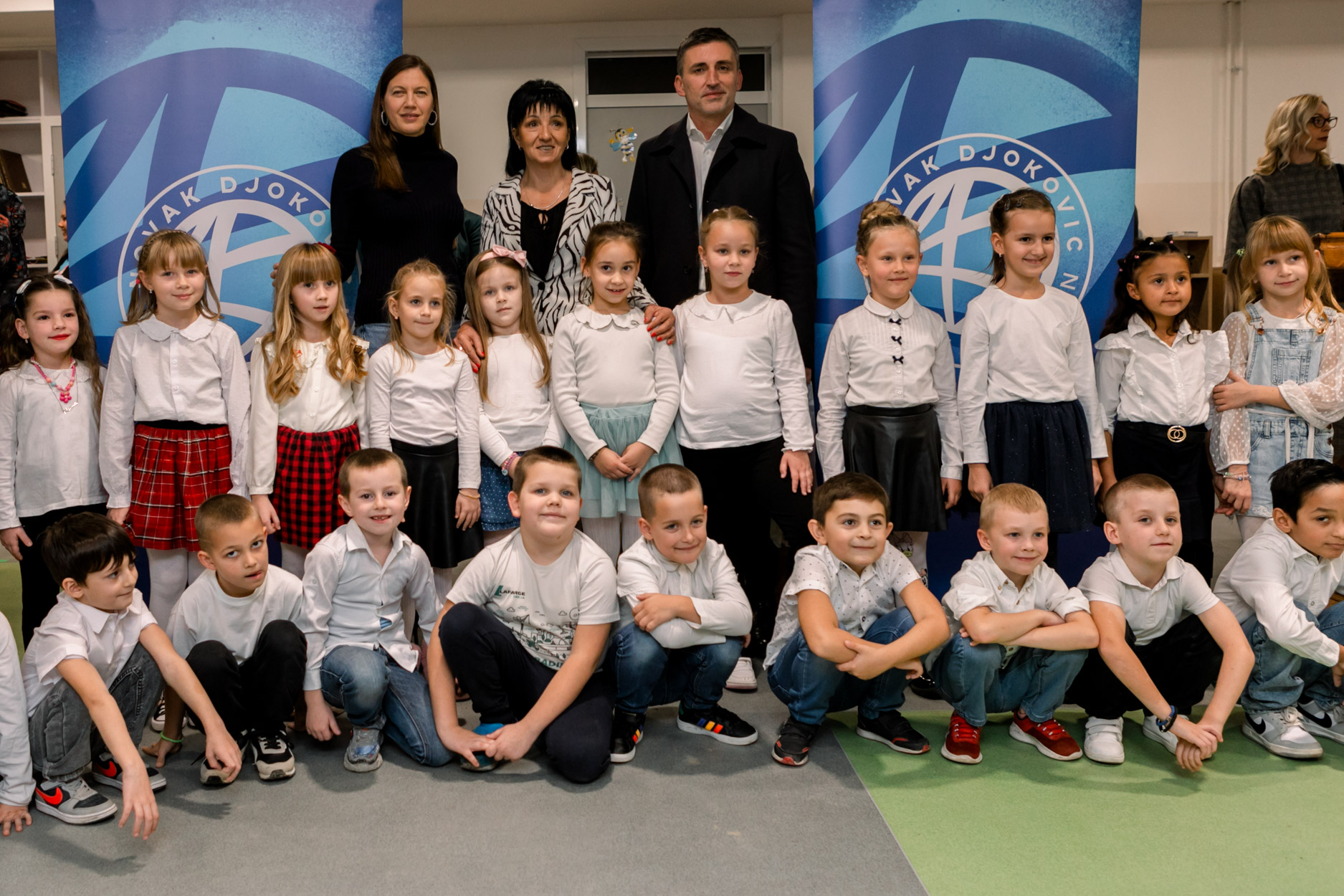Apart from boosting cognitive development, ECE can be a tool for reducing gaps between the rich and the poor, strengthening social skills in children and being a stepping stone out of poverty or exclusion.
Children’s early years are the foundation for all that is to come. Neurological research demonstrates the early years play a key role in children’s brain development, for children’s early experiences – that is, the bonds they create with their parents and their first learning experiences – affect their future physical, cognitive, emotional and social development deeply. In recent years, researchers found out that the human brain develops the vast majority of its neurons, and is at its most receptive to learning, between birth and three years of age. In fact, the intake of new information is critical to the formation of active neural pathways (Shonkoff & Phillips, 2000).
Therefore, optimizing the early years of children’s lives is the best investment we can make as a society in ensuring their future success. However, many times ECE is simply being taken for granted by governments and taxpayers, who think the investment is not worth the cost.
Current Overview for ECE
According to UNICEF, too few children are attending pre-school programmes, especially among the poor. While family and home environment are critical to a young child’s survival and development, the access to good-quality care and education programmes outside the home are as important in providing children with the basic cognitive and language skills they need to flourish in school.
Yet holding proven benefits, the access and attendance to preschool programmes varies greatly across regions, remaining very low in many parts of the world. As shown in the chart below, more than half of children aged 3 and 4 in Latin American and the Caribbean attend early learning programmes, while just one in four do in sub-Saharan Africa.
Percentage of children aged 36-59 months who attend some form of early childhood education programme, by region
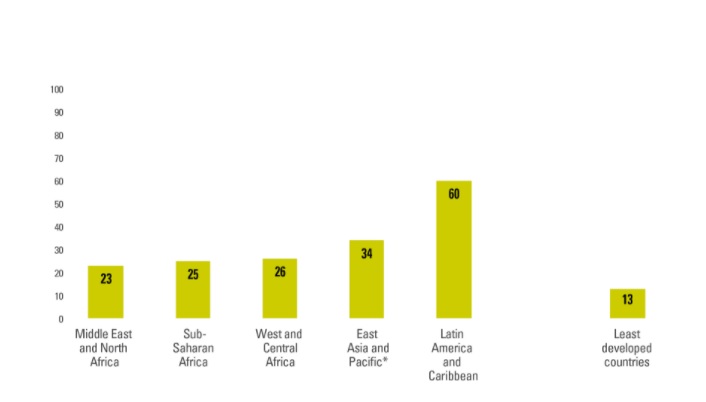
Source: UNICEF global databases, 2016, based on Demographic and Health Surveys (DHS), Multiple Indicator Cluster Surveys (MICS) and other nationally representative surveys, 2005-2014.
ECE in Serbia
According to a press release from the World Bank in February, Serbia has joined global leaders in Early Childhood Development by investing in its children to support their success, drive the long term competitiveness of the Serbian economy, and create growth and jobs. The press release states that Serbia is adding about 17,000 preschool spaces for children thanks to a new Euro 47 million Inclusive Early Childhood Education and Care (ECEC) Project approved yesterday by the World Bank Board of Directors.
World Bank Group President Jim Yong Kim said „The fact that 25 percent of children worldwide are stunted is a global crisis that threatens to lock young people into lives of poverty before they reach their fifth birthday,“ and that „Investing in children’s education and care is not only the right thing to do, but also enhances economic competitiveness. With early stimulation, good nutrition, and regular preschool, children learn more and earn more as adults.“
Benefits of ECE
- Socialization: Interacting with people other than the child’s family in a safe environment is an essential element to children’s social developments, for it helps them overcome shyness and gain self-confidence.
- Cooperation: Sharing, cooperating, taking turns and respecting others are all favourable points that children may learn while in a preschool program. It may be hard to teach them those values later on.
- Multifaceted development: Early childhood educators are trained in identifying areas that lack support for each individual child and building programs and activities around these, contributing therefore to a child’s emotional, social, physical and mental development.
- Passion for learning: Children are natural born scientists, for their curiosity and will to discover. And what better place would it be to deepen in them this natural feature than a school, with lessons given in a fun and exciting way?
- Respect: A preschool environment, where everything is shared and civility and manners are both taught and learned organically, makes itself the best place to nourish in children the virtue of respect.
- Teamwork: The majority of preschool activities are centered around teamwork, for it teaches respect for the opinions of others, listening, cooperation and equality. Therefore, learning how to work in a team at an early age is socially attuned and more employable.
- Resilience: It is easier for children to develop skills in managing themselves and their emotions in a consistent, secure and fair social environment as a school. There, experiences such as bumps, bruises or losing a game from time-to-time may happen, but this is the foundation for building coping strategies for greater challenges in life.
- Concentration: While dealing with new experiences, new friends and new environments, in a school children will also have to learn the ability to listen, follow directions, attend to tasks and participate in group activities, what leads them to develop the essential skill of concentration.
- Patience: Sharing a teacher’s attention, a toy, the playground or waiting in line for a game are all lessons which will eventually help children become more patient adults, virtue seemingly lost in modern times.
- Confidence and Self-Esteem: Positive interactions with other children and teachers is able to flourish in children a positive, healthy and secure view of themselves that will eventually allow them to approach situations and problems confidently throughout their lives.
- Exposure to Diversity: ECE is able to guide children to the valuing of difference and diversity, leading them to realize that everybody is unique and special in their own way with their own culture, beliefs and ethnicity.

Final Considerations
Early Childhood Education can help foster social competence and emotional development. Actually, it is widely recognized that early childhood care and education constitute the foundation of a high-quality basic education.Investing in ECE is a powerful way to reduce gaps that often put children with low social and economic status at a disadvantage. The returns on such investments are highest among poorer children, for whom these programmes may serve as a stepping stone out of poverty or exclusion.
With that being said, it is about time you become an Early Childhood Education advocate, just as all the supporters of the Novak Djokovic Foundation. Be a change in the world, be fair, be human.

